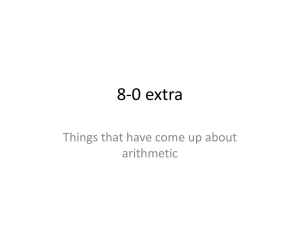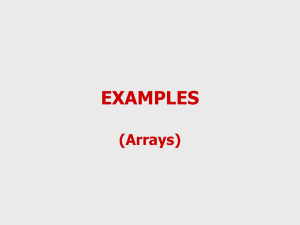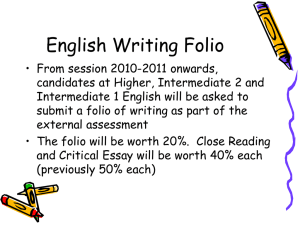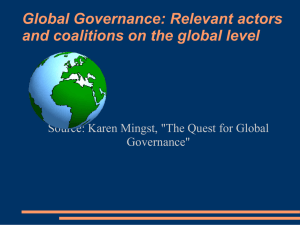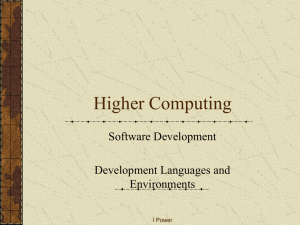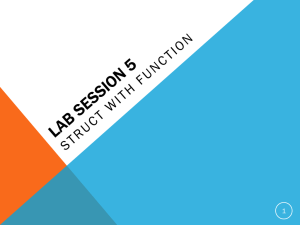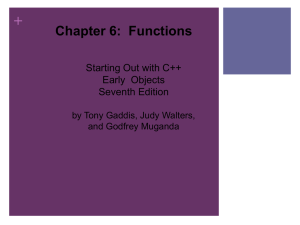Intellectual Virtues and Vices and the Tools of the Lazy Mind
advertisement
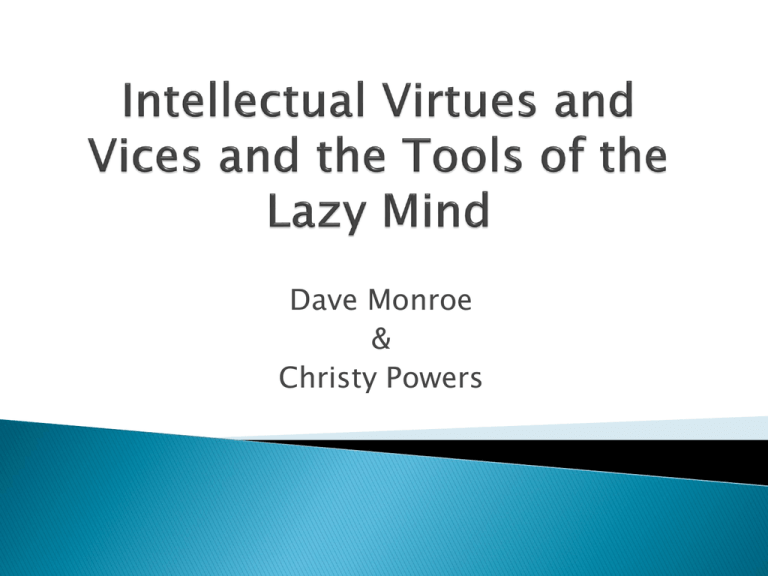
Dave Monroe & Christy Powers Aristotle: Intellectual vs. Moral Virtues Intellectual Character vs. Moral Character Dispositional Properties Intellectually Virtuous = Critical Thinker Intellectually Vicious = Uncritical Thinker Uncritical Thinker = “Lazy Minded” Curiosity Int. Honesty Int. Boldness Int. Integrity Int. Empathy Fair-mindedness Int. Int. Int. Int. Int. Int. Satisfaction Dishonesty Cowardice Unprincipled Apathy Unfair. Attempts to persuade or mislead emotionally or psychologically rather than rationally. Tools of the lazy mind: rhetorical tricks. Non-rational behavior producing intellectual vice. The fallacy of using the fact that many people believe a claim as evidence of the claim’s truth. Ex: “Of course Iraq has weapons of mass destruction! Everyone knows that!” Vice: Intellectual Satisfaction. Rejecting an argument or claim by criticizing the person making the argument rather than by confronting the argument itself. “President Bush argued that we should go to war in Iraq. Why should I believe him? He skipped out on his own military service!” Vices: intellectually unfair and intellectual cowardice. The fallacy of twisting, distorting, weakening, or oversimplifying another’s position so it is more easily refuted. Ex: “Fred is in favor of legislation against assault weapons. Such unpatriotic thinking flies in the face of American culture and is an affront to the principles of our founding fathers. Many Americans died for the right to own assault weapons—how dare Fred and others like him disrespect that?” Vices: intellectually unfair, intellectually dishonest, and intellectually cowardly. Dismissing another’s argument out of hand because the claims presented are inconsistent with one’s own (or one’s groups’) beliefs. Ex: “What do you mean Veganism is morally better than eating meat? Not as far as I’m concerned! My daddy raised me to love cheeseburgers!” Vice: Intellectual Apathy Arguing that some claim is true on the basis that it hasn’t been shown false, or arguing that a claim is false on the basis that it hasn’t been show true—or, arguing to a definite conclusion on the basis of lacking evidence. “You can’t prove to me that God exists, therefore he doesn’t!” Vice: Intellectually Unprincipled (usually used opportunistically—e.g., Ben Stein’s arguments against evolutionary theory) & Intellectually dishonest. Using Fallacies makes us worse thinkers! But so what? What’s wrong with being lazyminded? A. Imprisoned B. Encourages self-deception C. Susceptible to manipulation D. Inhibits authenticity (agency & engagement)


